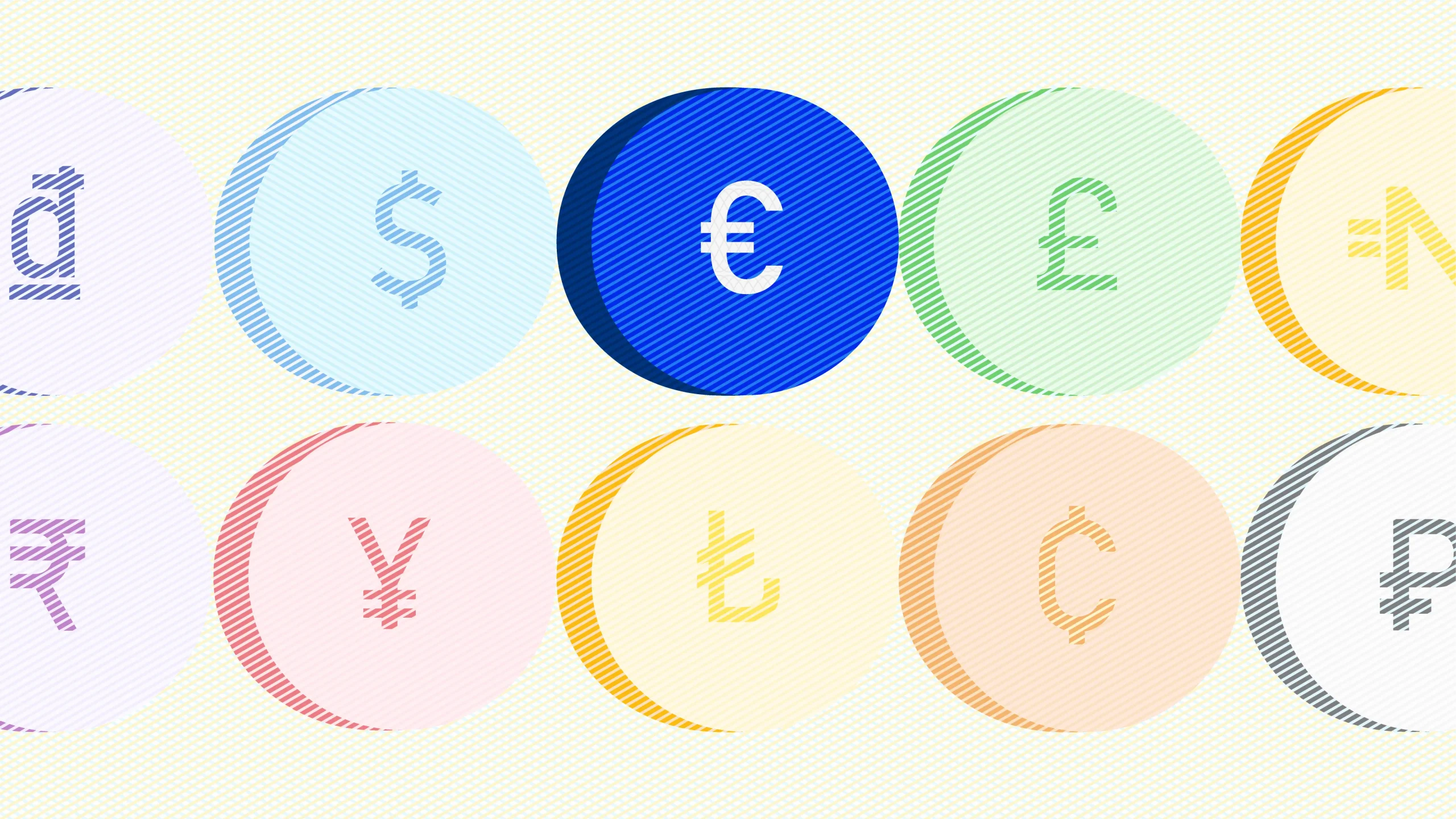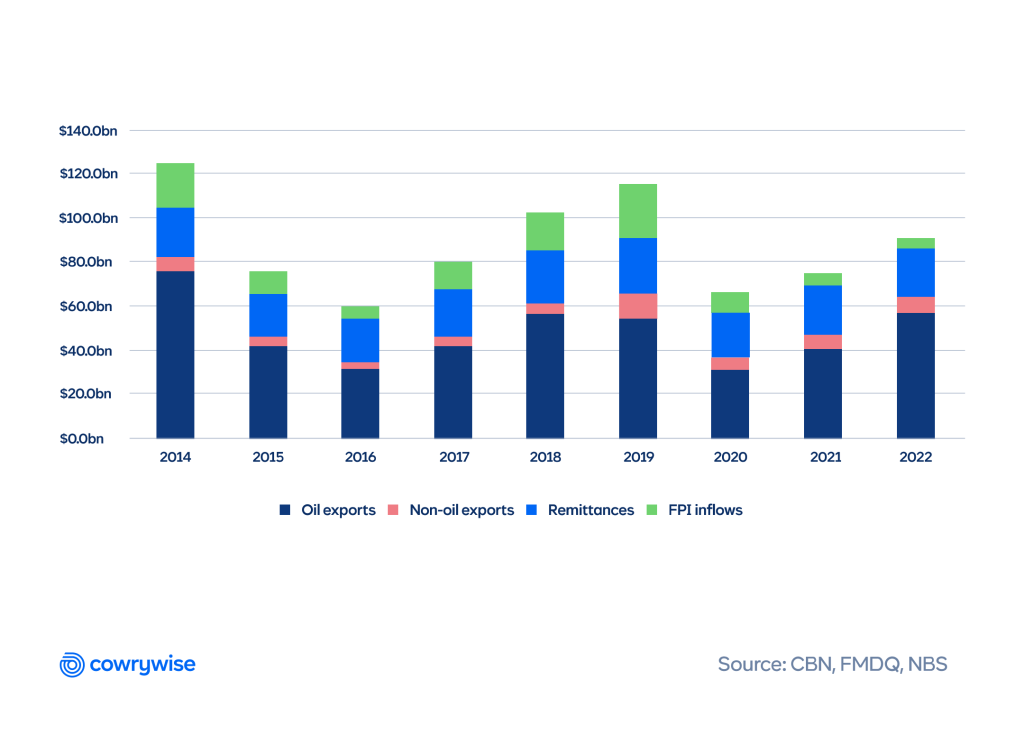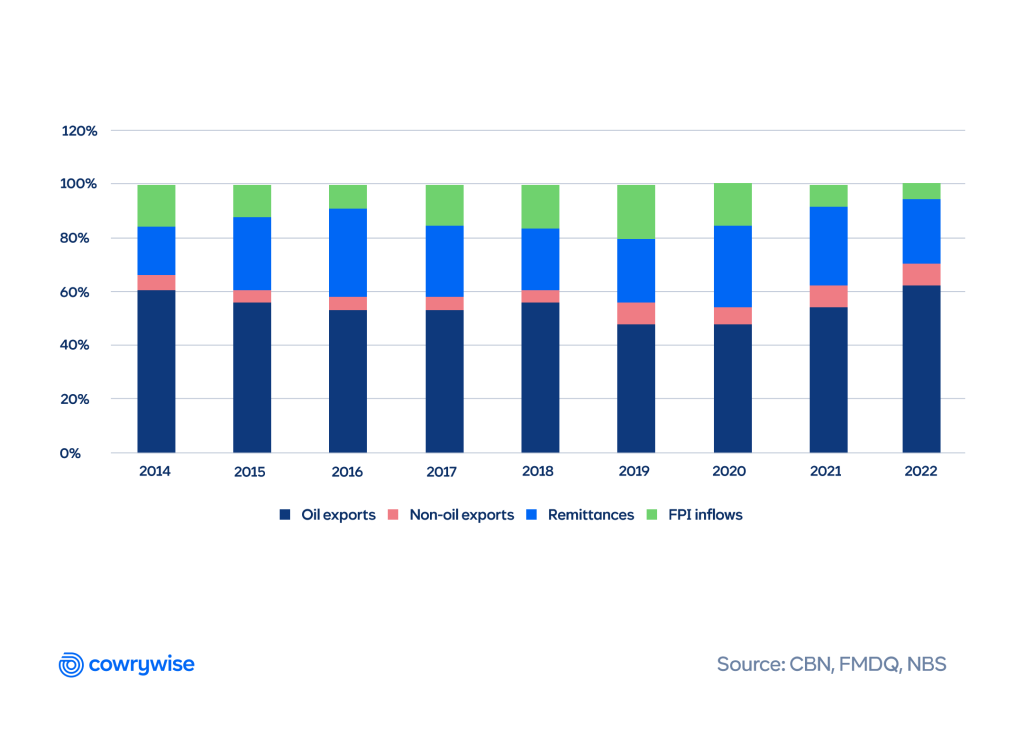
The global economy is buzzing about the trade war between the United States of America (U.S.A.) and its trading partner. As you might have seen in the news, U.S. President Donald Trump announced a long list of tariffs on imports on April 2, 2025.
What is the whole idea behind tariffs?
When a country implements tariffs on imported goods, it seeks to discourage imported goods because they will become more expensive. With these goods now expensive, consumers may be forced to go for local goods that are relatively cheaper. Therefore, the common argument for tariffs is that they boost local production and strengthen the economy.
Are tariffs good or bad?
The implementation of tariffs on imported goods has its advantages and disadvantages. Some of them are:
Pros:
- Increased government revenue: to fund its budget (i.e., healthcare spending, infrastructure, etc.).
- Potential to boost local production: As consumers shift to local products, local producers may raise investments to meet the increased demand, potentially leading to job creation.
- National security: protecting industries critical to national security by limiting import dependence.
Cons:
- Higher prices of goods and services: Increased import costs are often passed on to consumers, reducing their purchasing power.
- Reduced economic efficiency: protecting less efficient domestic industries can slow innovation, productivity, and overall economic growth. In the head of an inefficient domestic producer, ‘why innovate or strive to be inefficient when there is no competition?’
- Limited consumer choice: when imports are discouraged, especially in industries where local supply is short of demand, the variety and quality of goods available to consumers reduces.
In summary, tariffs have costs and benefits. Ultimately, the justification for tariffs depends on each country’s national objectives and foreign affairs policy.
Should Nigerians be worried about these global developments?
Nigeria is part of the global economy; therefore, global trends influence domestic activities in one way or another – however, the magnitude of impact can vary.
The situation between the U.S. and its trading partner has the following potential implications:
1. Rising interest rates in the U.S. As higher tariffs are levied on some imported goods in the United States, the prices will rise, leading to inflationary pressures. Given this, the Federal Reserve (i.e., the central bank of the U.S. economy) may have to adopt a restrictive monetary policy to achieve price stability (adopting a restrictive monetary policy means raising interest rates).
This will lead to a pass-through effect across all emerging market economies. As interest rates rise in the United States, foreign investors who have invested in emerging market economies may be compelled to withdraw their investments because the returns ‘at home’ are now more attractive. In essence, there may be capital outflows in emerging market economies.
When many foreign investors liquidate their investments and exit, the stability of the foreign exchange market is threatened (i.e., there will be demand pressure on the dollar), pushing the exchange rate (FX rate) higher. Inflows from foreign investors constitute a significant portion of the country’s FX supply


A higher FX rate in the Nigerian economy has multiple implications and consequences for domestic production and price stability. Domestic production will be under pressure because companies cannot source the required FX to import raw materials. When companies cannot produce optimally, they may be forced to reduce capacity, thus potentially leading to job losses.
2. Lower crude oil prices: The ‘economic war’ may have far-reaching implications for the United States and the world’s major economies as these trading partners retaliate. For example, countries like China, Canada, and the European Union have all said they plan to retaliate with tariffs on U.S. goods.
There are fears that the standoff could result in a global recession (i.e., weakened economic growth). A dampened global economic growth means that the demand for crude oil in the global market will shrink, potentially resulting in lower prices.
Declining crude oil prices adversely affect the Nigerian economy. While reduced prices may lower domestic energy costs (like diesel and petrol), they also significantly reduce government revenue. Furthermore, decreased crude oil inflows threaten a vital source of foreign exchange in the economy, resulting in unfavourable outcomes.
Note: these are the expected impacts on the Nigerian economy, assuming that other things are constant. In reality, the actual impact may depend on many moving variables.
What do all these potentially mean for your investments?
- Potential increase in yields: In response to the possibility of foreign investors withdrawing their capital from emerging markets economies (like Nigeria), the monetary policy authorities (i.e., the Central Bank of Nigeria) may consider raising local interest rates. Therefore, the returns on financial instruments such as mutual funds, Treasury bills, and other fixed-income investments may be higher.
- Mixed implications for stocks: Domestic companies that export goods may face reduced demand due to the economic slowdown caused by the trade war. This decline can impact revenue and profitability, influencing the performance of oil and gas and agriculture stocks.
Domestic companies reliant on imported raw materials or capital goods may experience increased costs due to potential supply chain disruptions, which can affect profit margins and stock valuations.
How can Investors position themselves to capture value amid these developments?
Scenario (fixed-Income):
- Increasing interest rates: Anticipated due to capital flight risks, prompting the Central Bank of Nigeria (CBN) to raise interest rates to attract foreign capital.
Action:
- Short-term instruments:
- Favour short maturities fixed-income instruments (e.g. T-Bills), allowing you to reinvest quickly at higher yields.
- Gradually lock in higher yields as interest rates rise.
- Mutual funds (money market and fixed-income funds):
- Invest in money market funds or mutual funds specialising in fixed-income instruments, positioned to benefit quickly from rising yields.
- Bond portfolios:
- Limit exposure to longer-term bonds, as rising yields negatively affect their market value.
Scenario (equity):
- Export-oriented companies: Reduced global demand (especially oil, gas, and agriculture) impacting profitability.
- Import-dependent companies: Higher costs due to currency depreciation and supply chain disruptions affecting margins and earnings.
Action:
- Sector-specific approach
- Cautious on oil & gas and agriculture stocks: limit positions within these sectors and focus on companies with diversified revenue streams and cost-efficient operations.
- Avoid firms heavily reliant on imported inputs without pricing power. Focus on companies that can pass costs on to consumers or source locally.
- Diversification & defensive stocks
- Invest in defensive sectors like consumer staples, healthcare, or telecommunications that demonstrate resilience during economic slowdowns.
- Prioritise companies with strong balance sheets, low leverage, steady dividend histories, and resilient profit margins.
Scenario (foreign exchange):
- Currency volatility: Potential naira depreciation as foreign investors withdraw capital from emerging markets.
Action:
- Diversification to FX-linked assets
- Allocate a portion of your investment to USD-denominated assets or Eurobonds, providing natural protection against naira depreciation
Summary of Optimal Investor Actions:
- Fixed-income holdings of shorter maturities initially, then progressively lock in higher yields.
- Reduce exposure to vulnerable equity sectors; focus on defensive, quality stocks.
- Implement FX hedging strategies to protect against potential naira depreciation.
- Enhance diversification across asset classes and currencies to manage risk effectively.
Final Words
Ultimately, keeping a diversified portfolio is the best strategy for staying ahead of these global developments. Cowrywise provides a range of options and investment products to strategically help you diversify your portfolio. From Naira to Dollar Mutual Funds, Conservative or Aggressive investment options, Regular Savings or Emergency Plans, you are split for choice.

Whatever your preferred lifestyle choices are or how you choose to save or invest (start with N1,000 weekly or N1 Million monthly), you should have the freedom to save or invest in a way that fits your lifestyle.
